Denver school board member John Youngquist is alleging that the board violated state open meetings law by misstating the purpose of a recent executive session, and by excluding him from that session because it dealt with a matter he had raised about his compensation.
Commentary
I know many of the sitting board members have long histories in DPS and Denver, and the decision to close schools last month was not made lightly or without a tremendous emotional toll.
From Dr. Aaron Massey: Every new generation of teachers goes through extraordinary circumstances that are unique in their own respects yet no less extraordinary in magnitude and impact.
More than 9,000 Colorado high school students have been on a plan since third grades for students with “significant reading deficiencies.” While we have focused reading interventions on the primary years, clearly the crisis continues through elementary school and well beyond.
We knew the methods we were using to deal with poor attendance weren’t working. We theorized that part of the solution might not look linear. We had to put ourselves in the shoes of our parents and ask ourselves new questions. Why, on the hardest days and in the hardest situations, might I move mountains to get my student to school? And when might I not?
A year after an election that brought in three new Denver school board members, some Denverites are frustrated that little, if anything has changed. Here are some places to look for hopeful signs while we await the November 2025 election.
“Ultimately, the lessons I have learned about leadership will guide me as I continue to contribute everything I can to my community and inspire others to do the same.”
On Monday night, with zero debate, the DPS board approved a $17,326 bonus for Superintendent Alex Marrero – a curious move just days before voters weigh in on a billion-dollar bond package, while negotiations with the teachers union remain unresolved.
From Brian Eschbacher: My goal with this post is to assert a set of facts and opportunities in the hopes it reduces finger-pointing and aligns us all towards making school consolidation decisions as supportive as possible for our students and community. I served as the Executive Director of Planning & Enrollment for DPS from 2011 through 2018, and have created long-term enrollment plans and analyses in more than 20 cities across the country since leaving DPS in 2018.
When a system doesn’t work, there will always be results that are completely avoidable but inevitable because that’s what happens in broken systems.

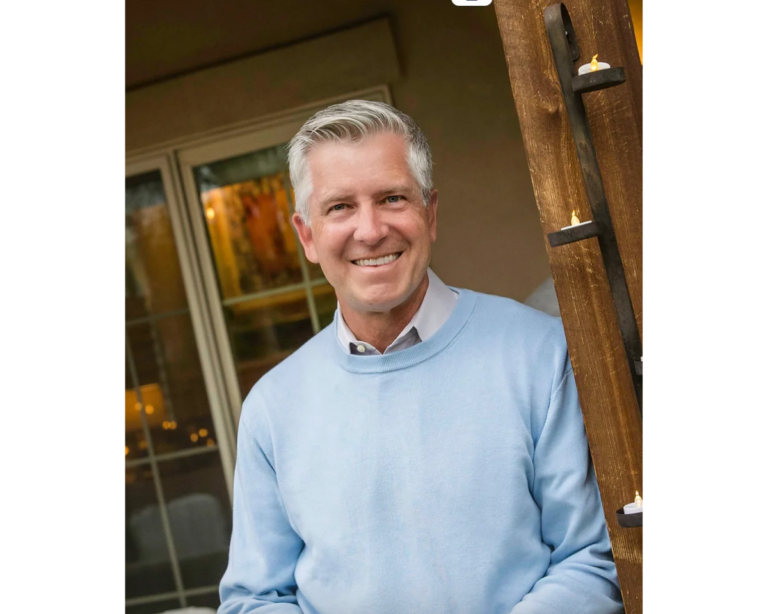
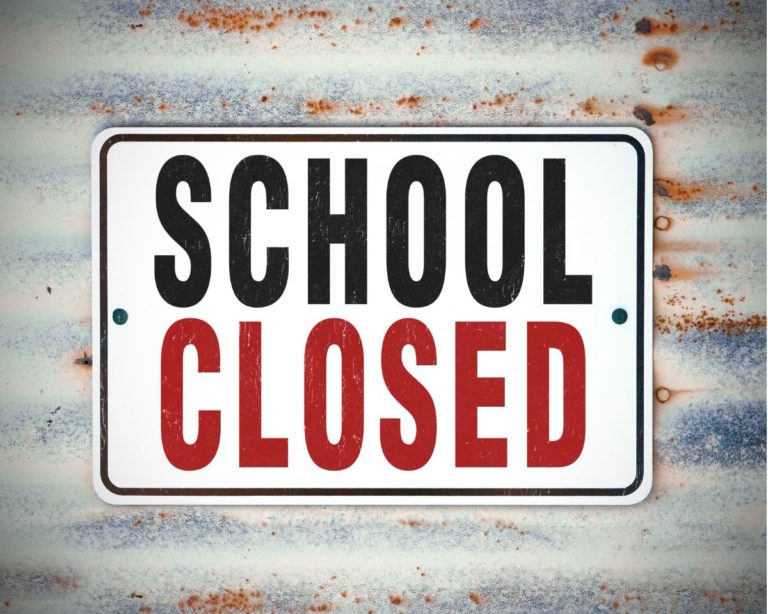


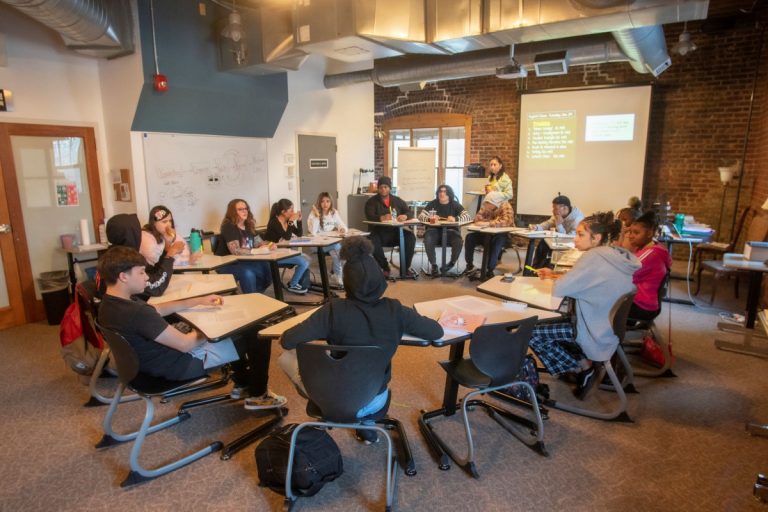
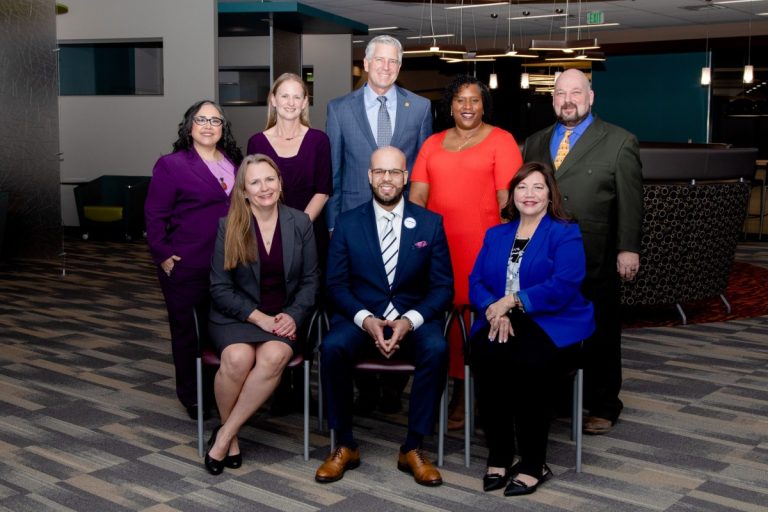


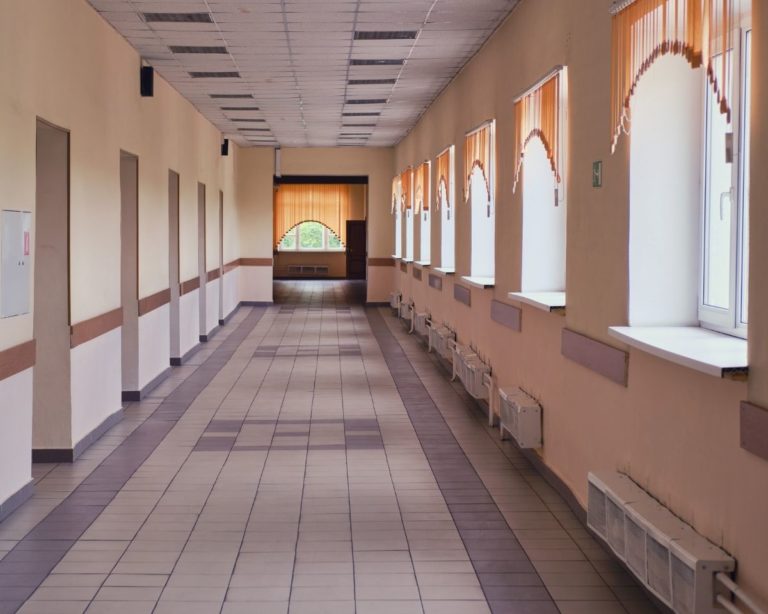

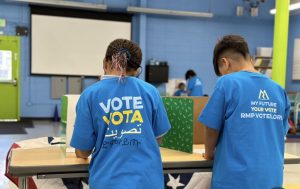
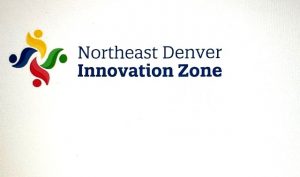

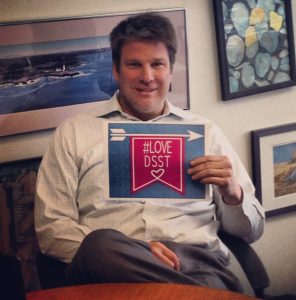

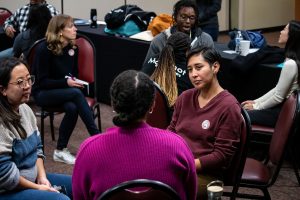

SHIFT Chronicles: Improving learning environments and practicing self-care
The SHIFT Chronicles is a new monthly feature dedicated to amplifying student voices, where those most impacted by the public education system share their thoughts, reflections, and experiences. In collaboration with FaithBridge SHIFT fellows, these commentaries offer a genuine glimpse into the challenges students are facing within our city’s schools. In this month’s entries, students discuss how to improve learning environments, and how they practice self-care during breaks from school.